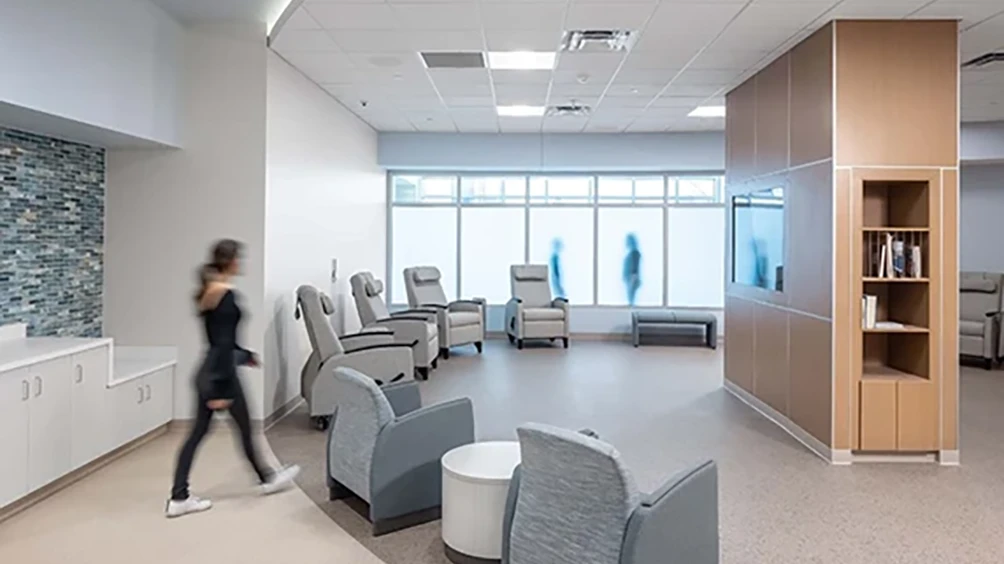Emergency Departments Are Not Equipped to Treat Suicidal Patients
When a person experiences suicidal ideation, the standard protocol for clinics, schools, and law enforcement is to send them to the emergency department; However, most emergency departments are ill-prepared to care for these vulnerable individuals.
Busy, noisy environments exacerbate anxiety and distress. Agitated patients are often left isolated and waiting for hours — or even days — for evaluation, treatment, and disposition. Many wait in rooms or hallways under the supervision of sitters, which is costly and reduces overall emergency department productivity. Psychiatric boarding also lowers bed turnover rates, affecting the care of other patients.
Many emergency physicians don’t feel adequately trained or confident in assessing and managing suicidal ideation. As a result, a large majority of these patients are admitted to inpatient psychiatric units, whether or not hospitalization is the most appropriate course of action. If we admitted chest pain patients at the same rate (rather than the typical 10–20%), they would likewise overwhelm the system.
This inequity highlights the need for a more tailored and effective approach to psychiatric crises — one that EmPATH units aim to provide.























